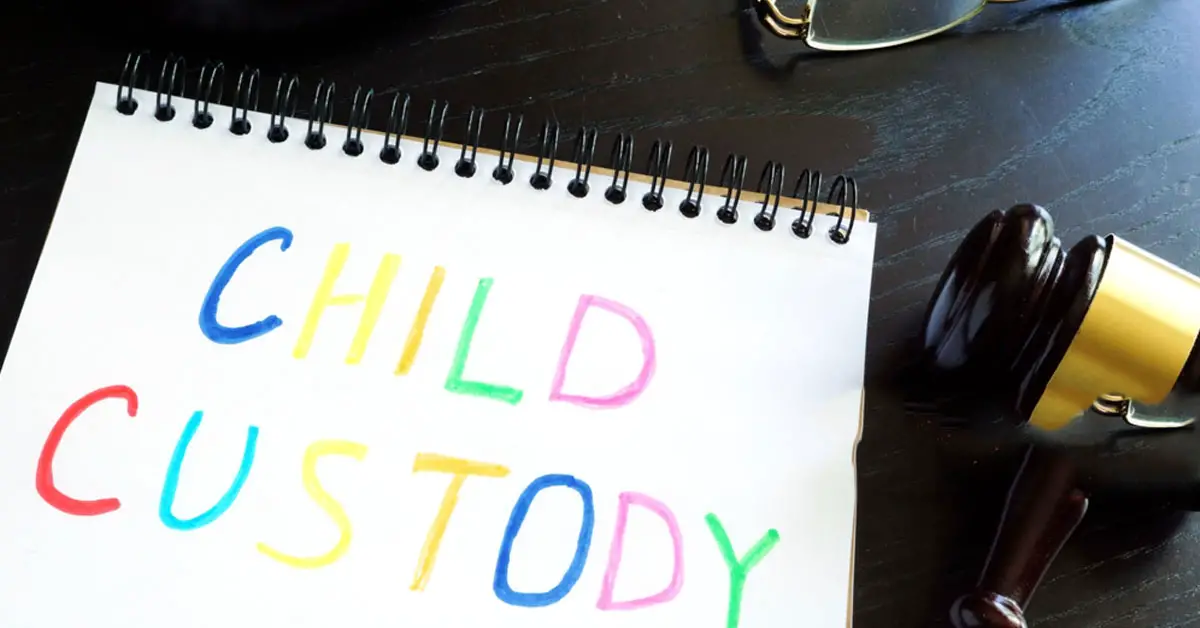Grounds for full custody of a Child: Divorce is a challenging reality for nearly 50% of children in the United States, leading to crucial decisions about child custody. This pivotal determination requires careful consideration as it directly influences a child’s upbringing, including education, healthcare, and living arrangements.
Delving into the grounds for full custody is essential for anyone navigating the complexities of a divorce settlement.
Addressing Substance Abuse Concerns
One significant factor that may tip the scales towards full custody is substance abuse by one parent. A parent struggling with substance issues may face challenges in maintaining employment and fulfilling financial obligations towards their children. In such cases, seeking sole custody becomes a viable option.
To pursue this, the concerned parent should approach the court with evidence showcasing the detrimental impact of the other parent’s addiction on their ability to fulfill parental responsibilities. Compelling documentation, such as police reports and medical records, can strengthen the case and potentially lead to the grant of full custody.
Child Neglect or Abandonment: A Serious Offense
Child neglect and abandonment are grave offenses that can significantly affect a child’s well-being. Neglect, characterized by inadequate provision of food, clothing, or medical care, poses serious threats to a child’s physical and emotional health. Abandonment, on the other hand, involves leaving a child to fend for themselves or being physically present but neglectful.
Accusing a co-parent of neglect or abandonment requires substantial evidence. By proving these allegations, a concerned parent may establish grounds for full custody, emphasizing the importance of prioritizing the child’s safety and overall welfare.
Navigating the Complexities of Mental Illness
Mental illness can pose challenges to effective parenting, as it may impair an individual’s ability to care for themselves, let alone a child. Symptoms such as irrational behavior, severe depression, or even violent tendencies can impact the child’s upbringing.
To make a case for full custody on the grounds of mental illness, the concerned parent must demonstrate that the co-parent is unfit due to their mental health condition. Providing evidence that the co-parent neglects treatment plans or fails to adhere to prescribed medications strengthens the argument for sole custody.
Dealing with Lack of Cooperation: Legal Assistance
In some cases, a co-parent may exhibit a lack of cooperation, refusing communication and neglecting parental responsibilities. Seeking the help of experienced custody lawyers becomes imperative in such situations. These legal professionals can present the co-parent’s behavior to the court, emphasizing its potential impact on the child’s best interests.
Addressing non-cooperation may serve as a crucial indicator that the co-parent is not fit to have custody. Legal intervention ensures a thorough examination of the circumstances, with the court determining the most suitable custodial arrangement for the child.
Prioritizing the Child’s Wellbeing: Establishing Grounds for Full Custody
In conclusion, the quest for full custody revolves around prioritizing the child’s overall wellbeing. The court carefully evaluates both parents, aiming to determine the more suitable caregiver. Therefore, those seeking full custody must meticulously gather compelling and indisputable evidence to present a strong case in the best interests of the child.
FAQs:
- Q: What are the grounds for seeking full custody?
- A: Substance abuse, child neglect, mental illness, lack of cooperation.
- Q: How can evidence strengthen my case for full custody?
- A: Evidence like police reports, medical records, and documented non-cooperation is crucial.
- Q: Why should I prioritize my child’s wellbeing in a custody battle?
- A: Courts focus on the child’s best interests; prioritizing their wellbeing strengthens your case for full custody.

